Cuts to Research into Inequality, Disparities and Other DEIA Topics Harm Science
Cuts to Research into Inequality, Disparities and Other DEIA Topics Harm Science
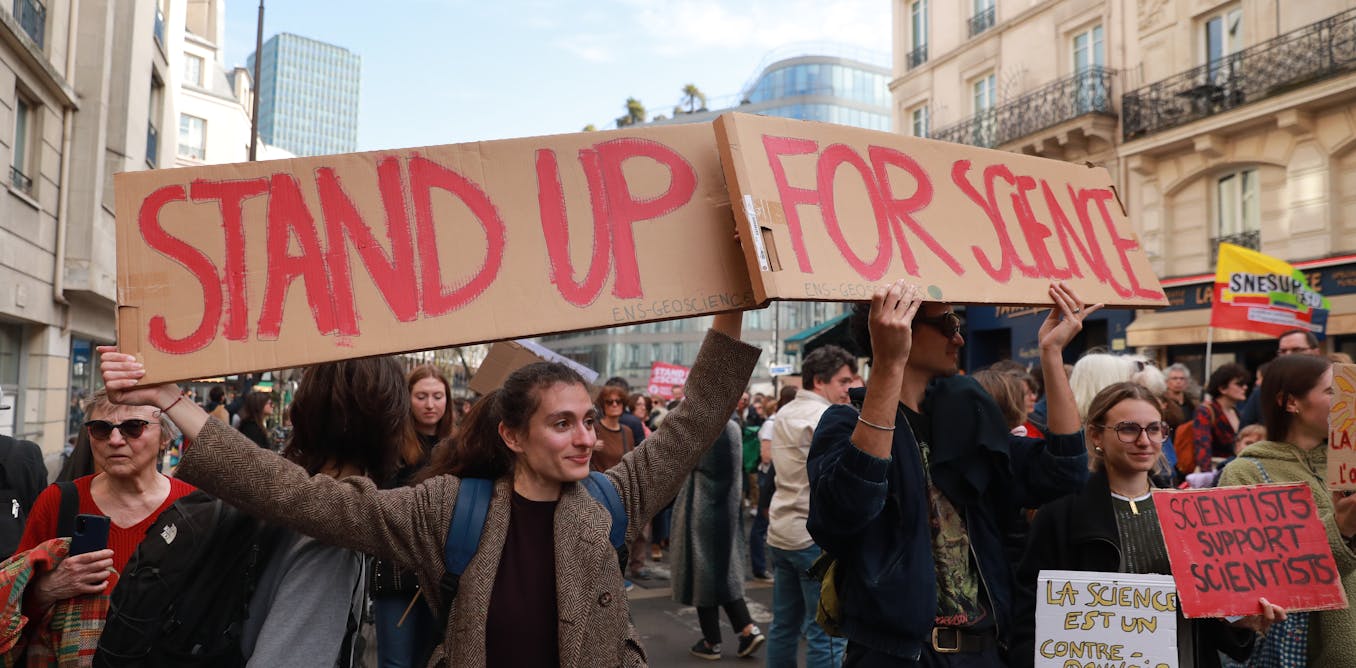
Send us a link


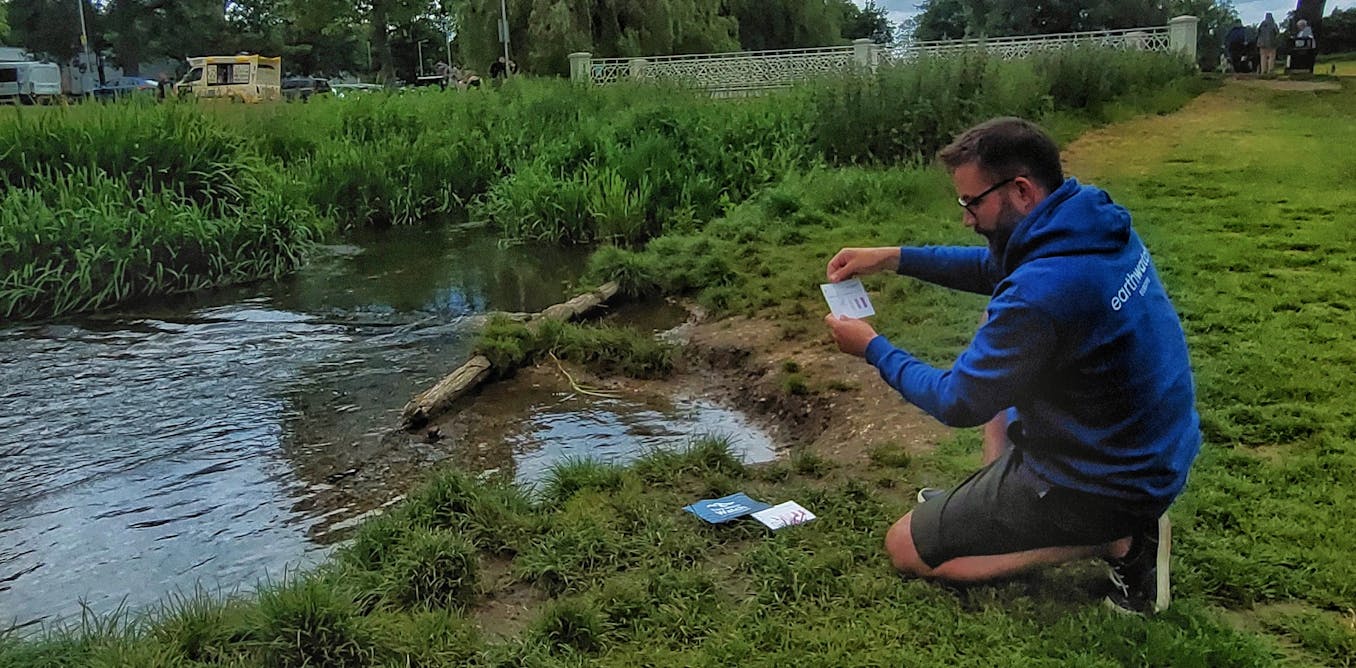

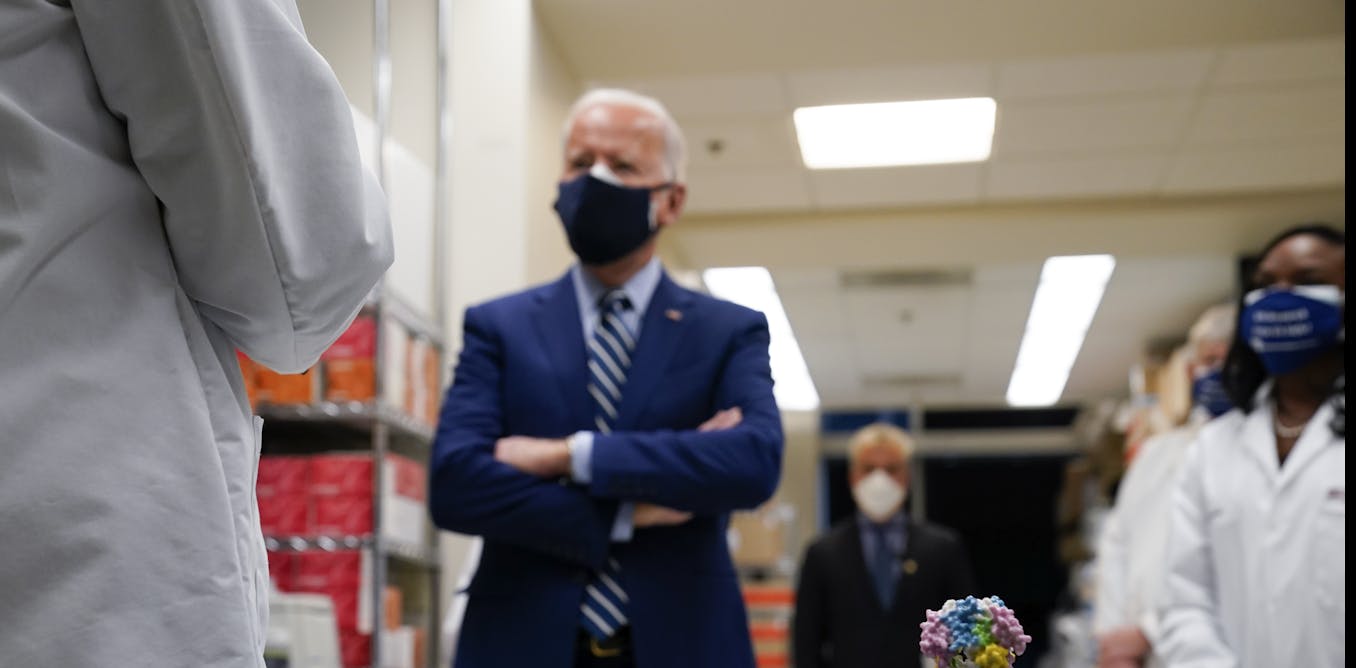
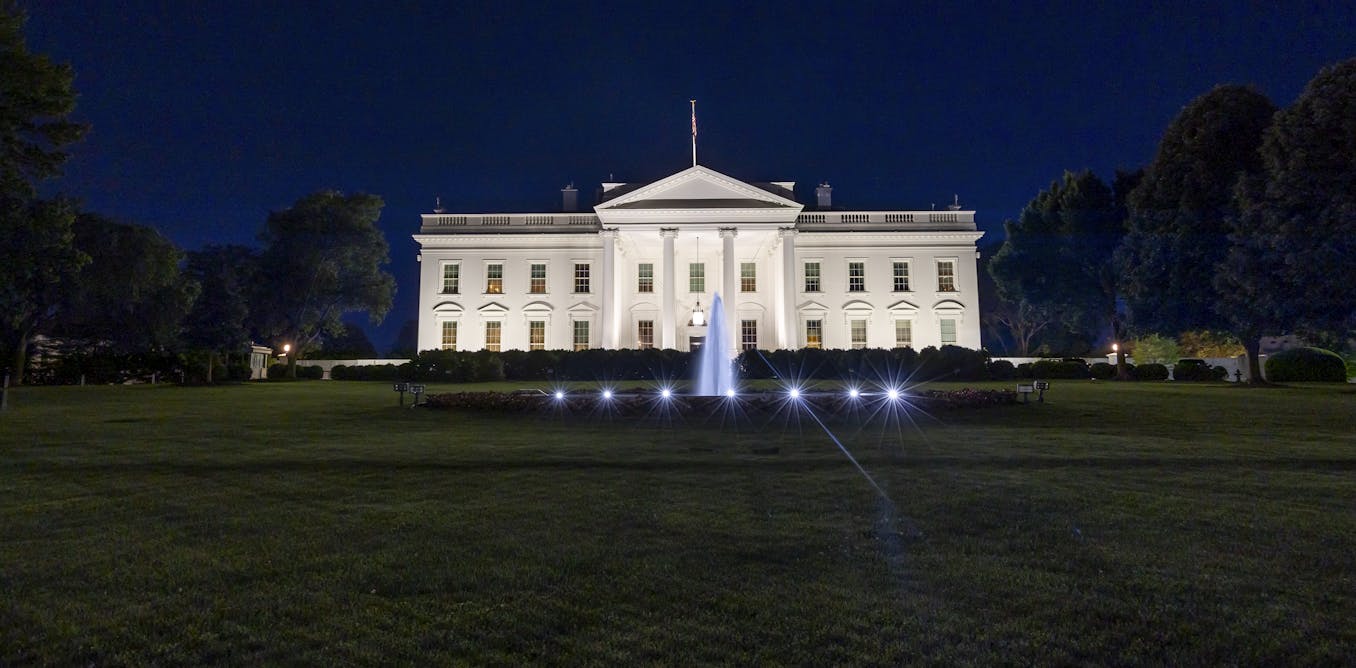
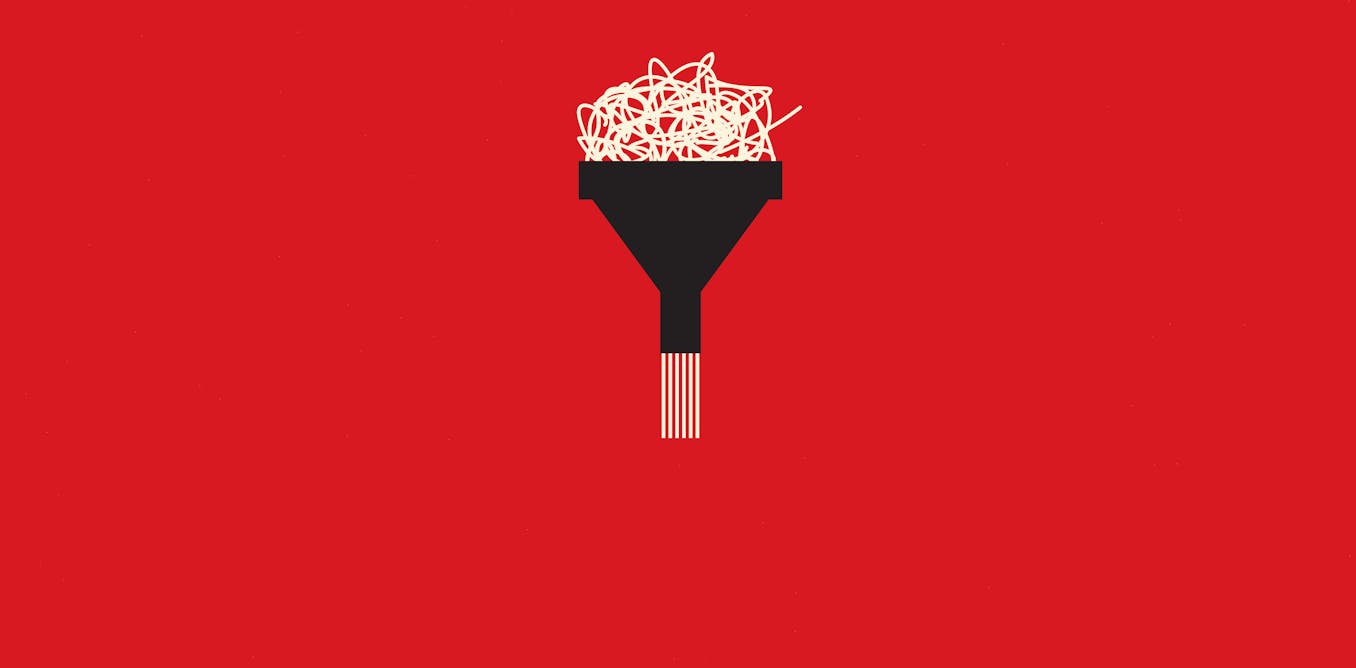



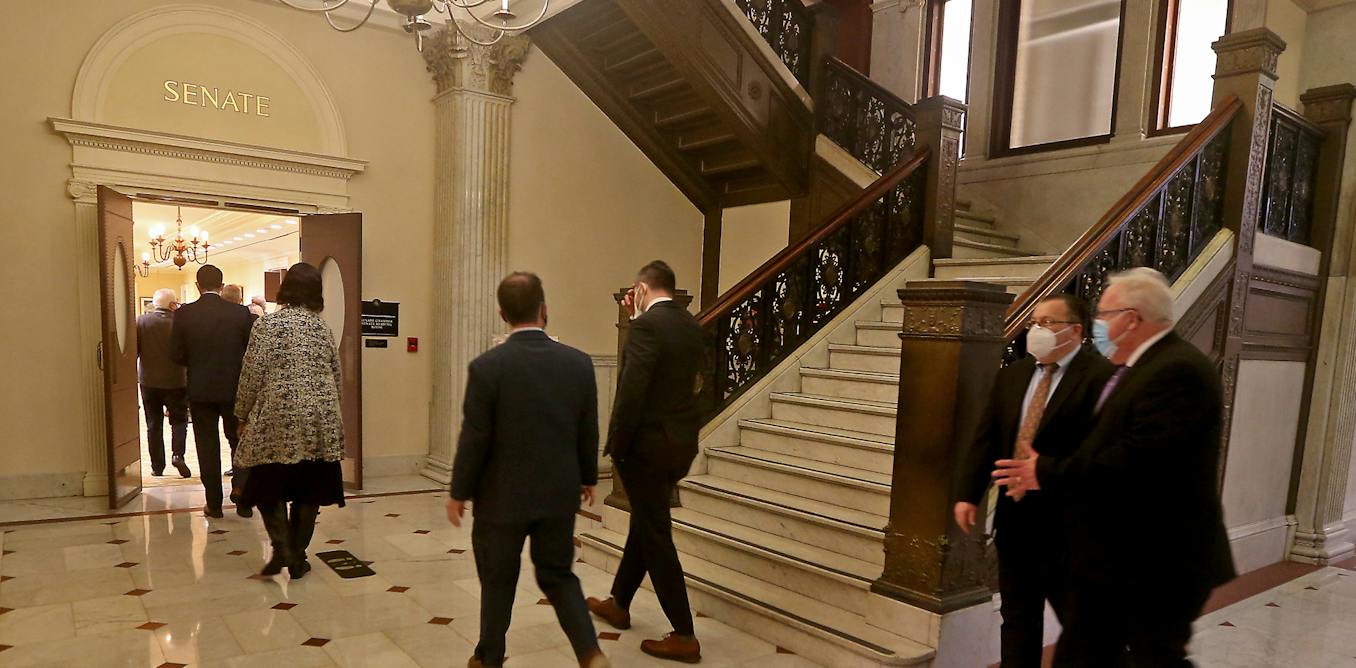
The UK has just rejoined the EU’s flagship research funding programmes, Horizon Europe and Copernicus. This is great news for science, the EU and the UK.
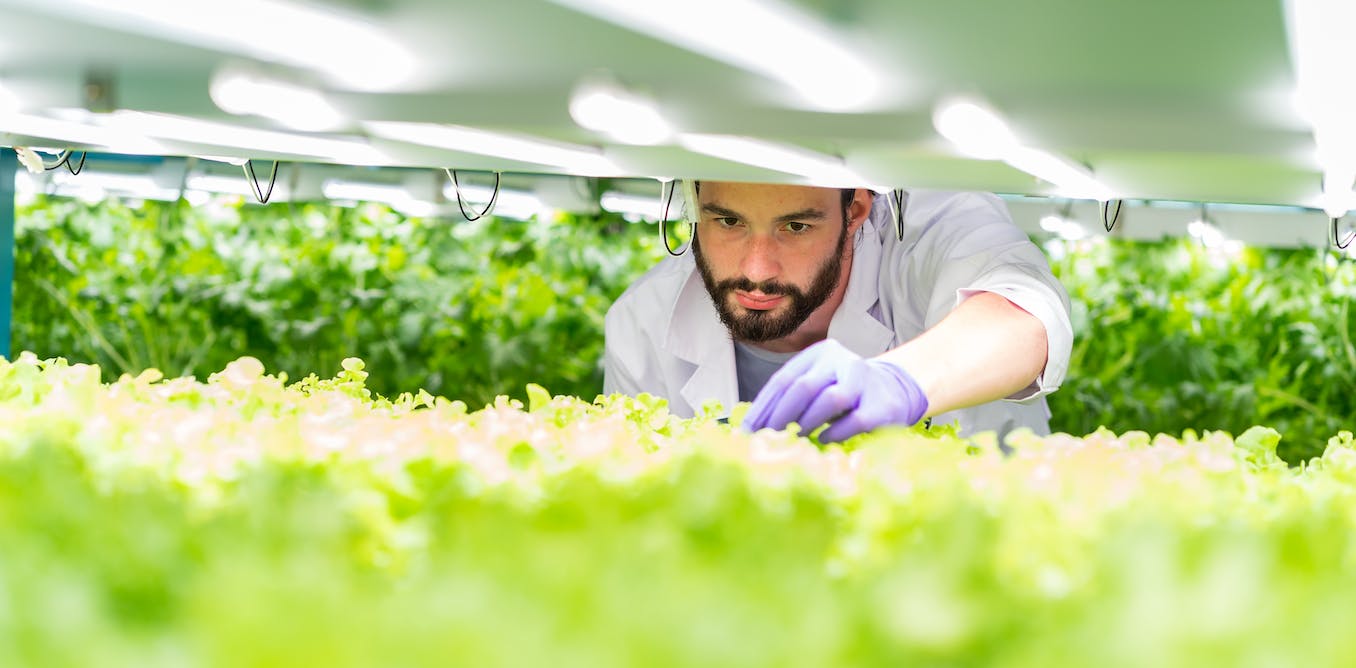

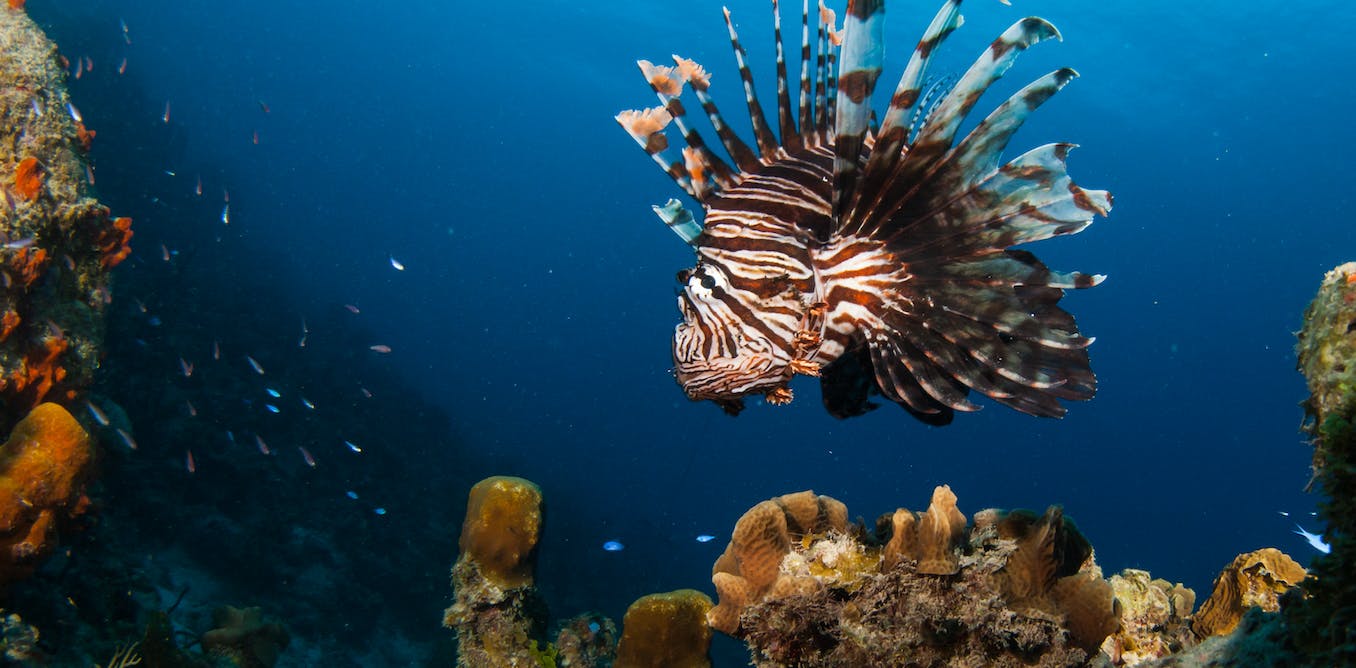
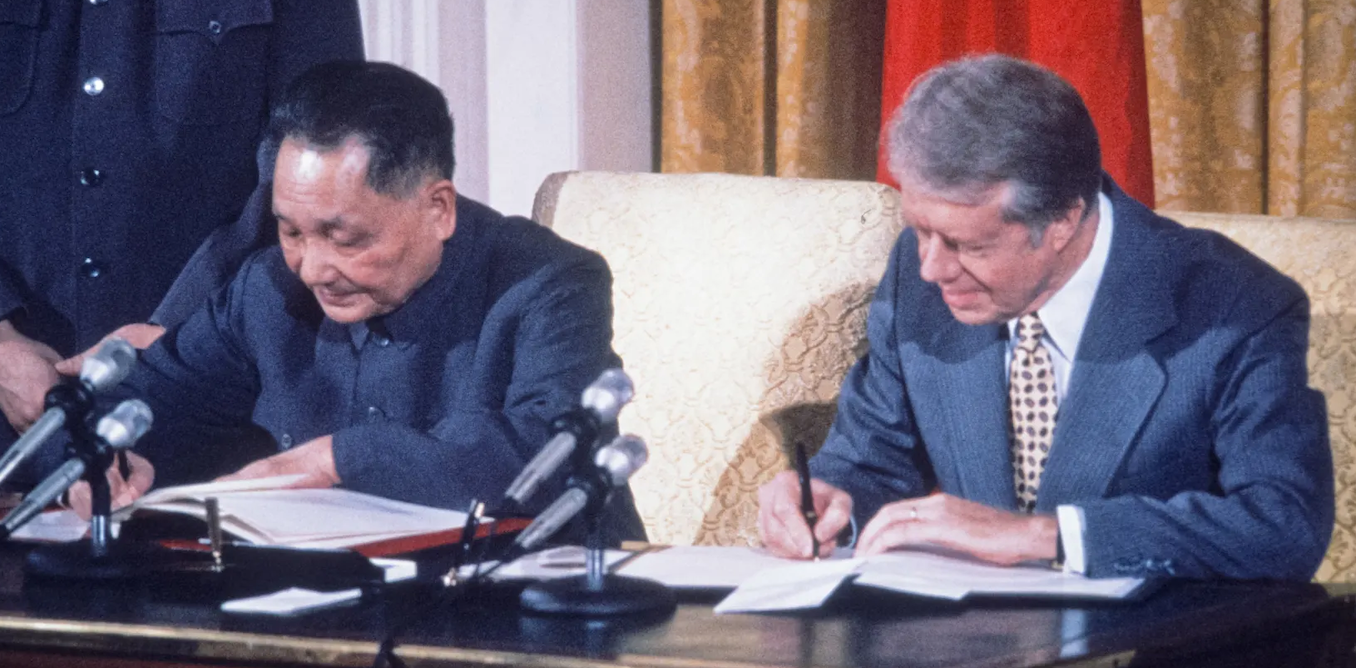
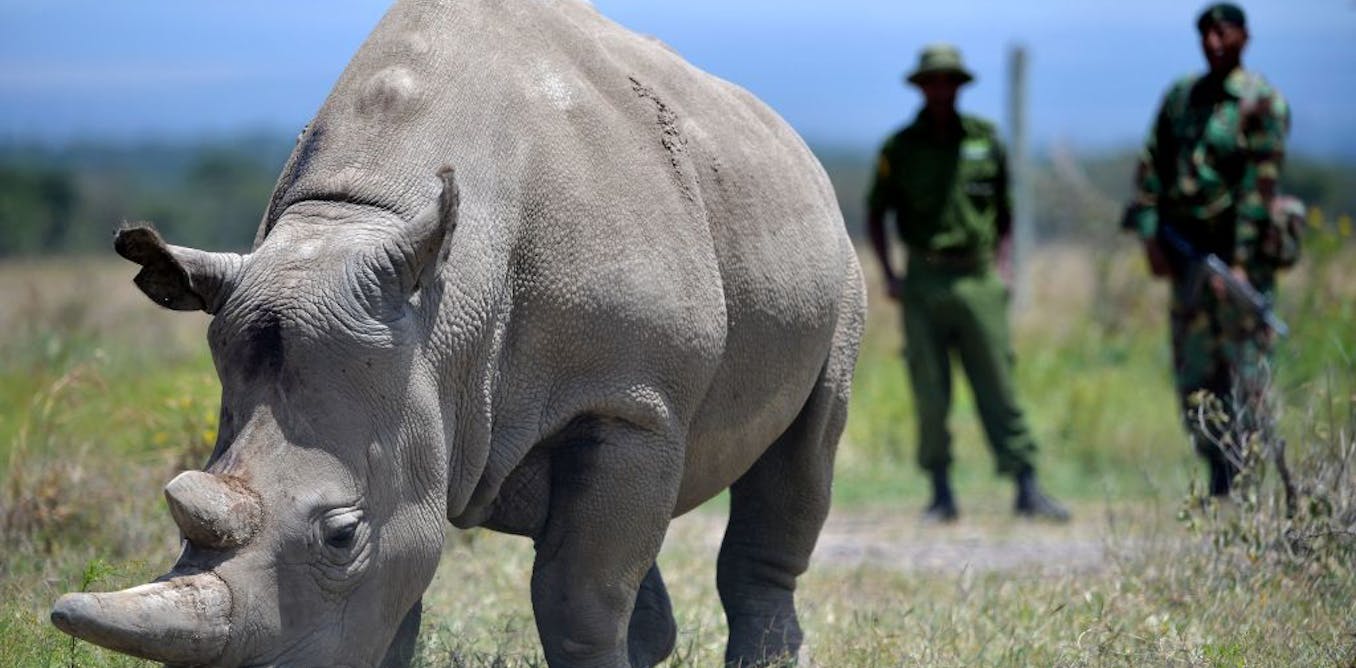

While some worry "wokeist" ideology could corrupt scientific merit, it could be our problematic understanding of the latter that poses an even greater threat to science, two philosophers argue.

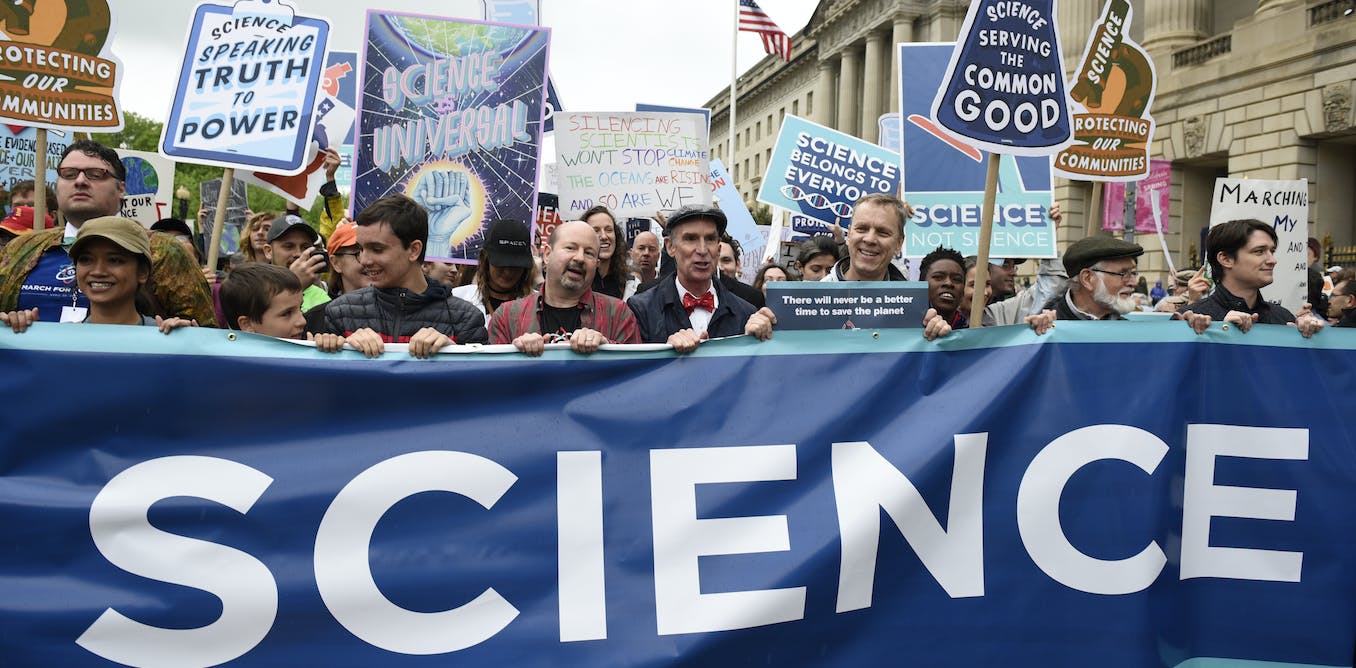


Canada's commitment to halt biodiversity loss can only be realized by weaving together Indigenous and non-Indigenous knowledge.

In 2014, Chinese researchers published more papers than any other country for the first time. In 2019, China overtook the U.S. as the No. 1 publisher of the most influential papers.

Nature's recent efforts to redefine the ethical responsibilities of scientists leave a lot to be desired.
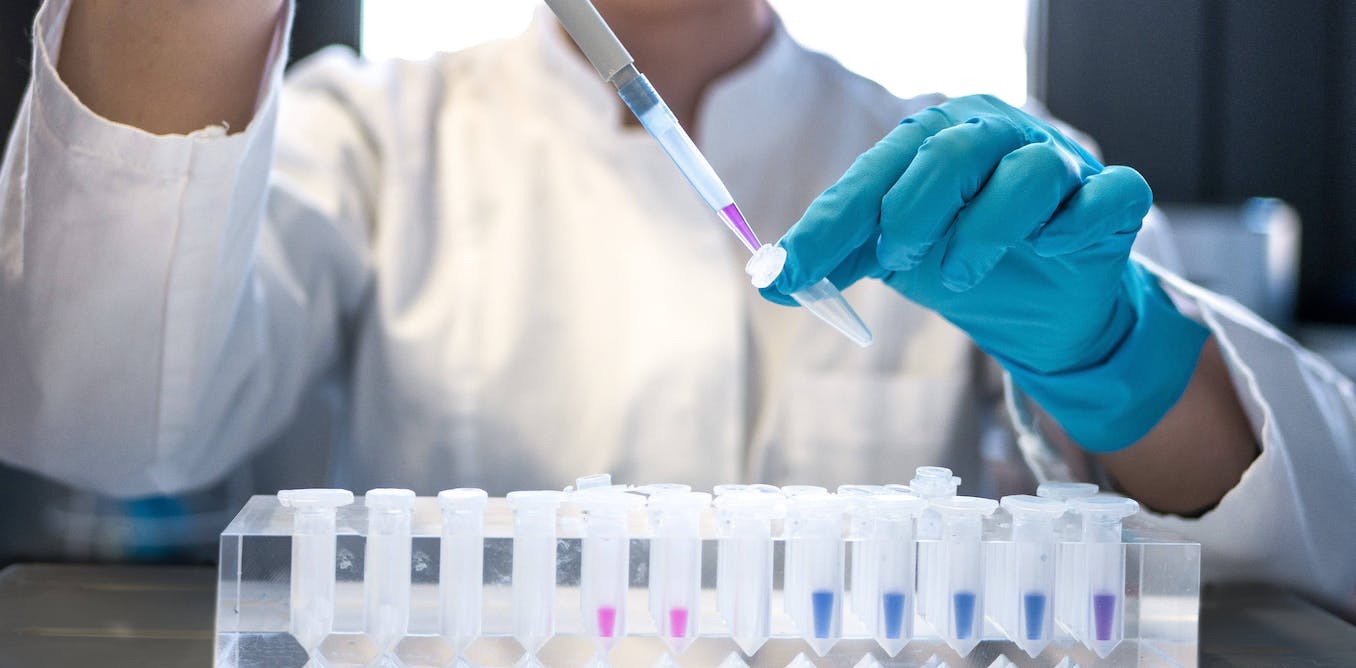
Internships and work-integrated learning for social sciences and humanities students can be part of how post-secondary institutions increase their capacities to contribute to social innovation.

A new French research collective set out to answer the question.
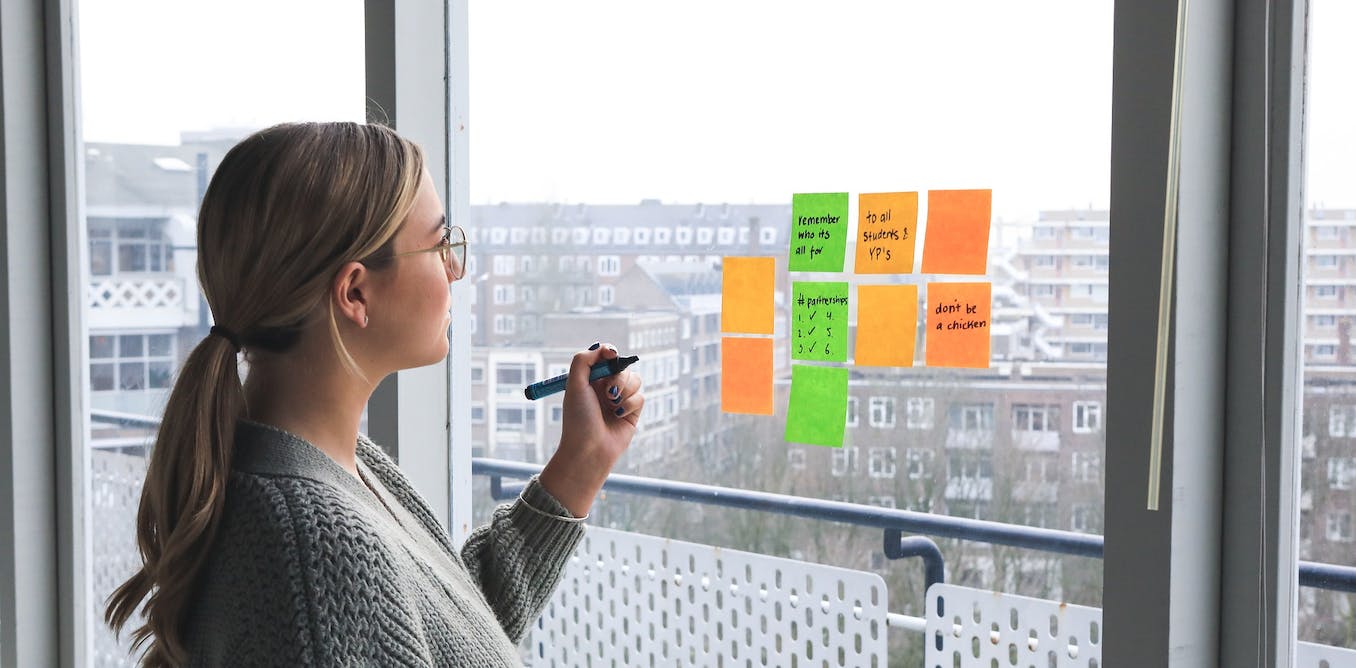
The director of the Office of Science and Technology Policy plays a critical role in achieving the president's science goals. Facilitating cooperation among the dozens of research agencies is key.
